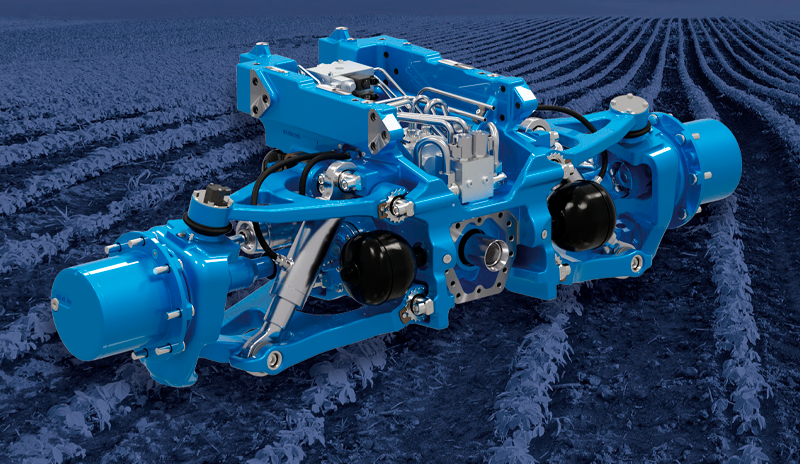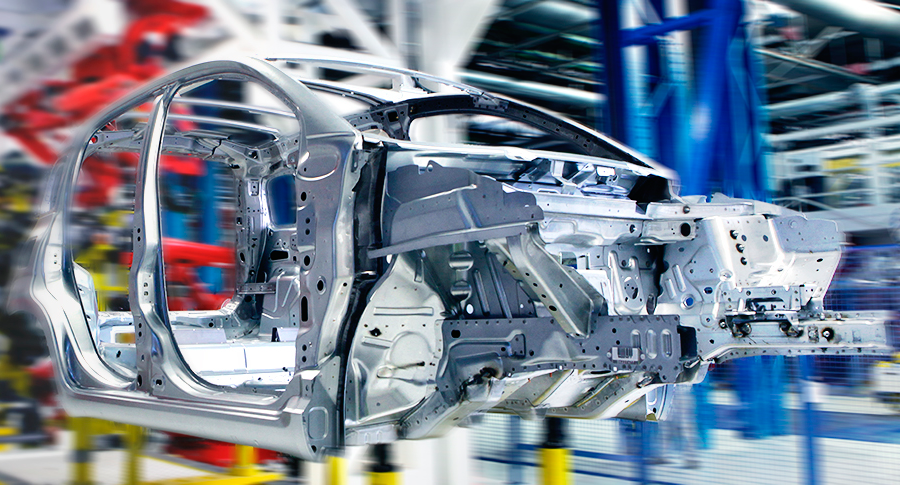PLEX
PLEX è un prodotto Rockwell Automation
PLEX è un prodotto Rockwell Automation
Plex Smart Manufacturing è una piattaforma digitale che collega persone, sistemi, macchinari e catene di fornitura; automatizza i processi aziendali; traccia i dati a tutti i livelli, dal reparto di produzione agli altri enti aziendali coinvolti; fornisce potenti funzionalità di analisi per una visibilità, una qualità e un controllo senza pari.
Plex è un software basato su cloud, offerto come servizio. Plex è modulare per consentire ai produttori di rispondere a molteplici sfide aziendali. I moduli inclusi nella piattaforma includono:
Questi moduli possono essere implementati singolarmente, come componenti integrati o come un tutt'uno.
Plex gestisce:

PLEX aiuta le aziende manifatturiere a:
Inoltre, PLEX è la soluzione ideale per le aziende che vogliono sfruttare i benefici del cloud per integrare ed armonizzare la gestione di più impianti produttivi o logistici geograficamente distinti.
PLEX massimizza il valore per il Cliente grazie a funzionalità all’avanguardia ed al basso TCO.

Invia le tue domande ai nostri tecnici specializzati!
Mettiti in contatto con uno dei nostri esperti, che ti potrà fornire risposte certe o consigliare soluzioni affidabili.

CASE STUDY
The aim of this study was to find the best quality glass-clamping system, through parametric model optimization, for a new pyrolytic self-cleaning oven by Indesit.
modefrontier optimization consumer-goods appliances
CASE STUDY
The text discusses the importance of digital simulation models in modern factory design and reconfiguration, particularly in response to shorter product lifecycles and increased customization demands. Traditional design methods often lead to inefficiencies and high costs, making digital simulation essential for creating flexible and adaptable production systems. The article highlights a case study involving a furniture assembly factory, where a manufacturer needed to efficiently handle a variety of custom kitchen cabinet orders. The system integrator was tasked with designing a robotic assembly line that could maintain production efficiency despite the high variety of products.
industry4 SIMUL8

CASE STUDY
The purpose of the case study was to implement a design methodology that used multi-disciplinary simulation and an automated process to analyse thousands of product configurations and highlight vehicle performance distributions in terms of handling, comfort, and cost. This approach ensures that the best solution is always selected.
mechanics modefrontier automotive optimization

CASE STUDY
This detailed technical case study describes how the students arrived at a supersonic aircraft drone prototype using MATLAB and modeFRONTIER in order to reduce the time and costs of numerical and wind-tunnel testing.
automotive modefrontier optimization

CASE STUDY
In this case study, EnginSoft engineers explain how they used modeFRONTIER to assist Comau, a Fiat Chrysler subsidiary, to optimize their approach to the preliminary design of production systems for automotive manufacturing system RFQs.
automotive optimization rail-transport modefrontier SIMUL8 iphysics industry4